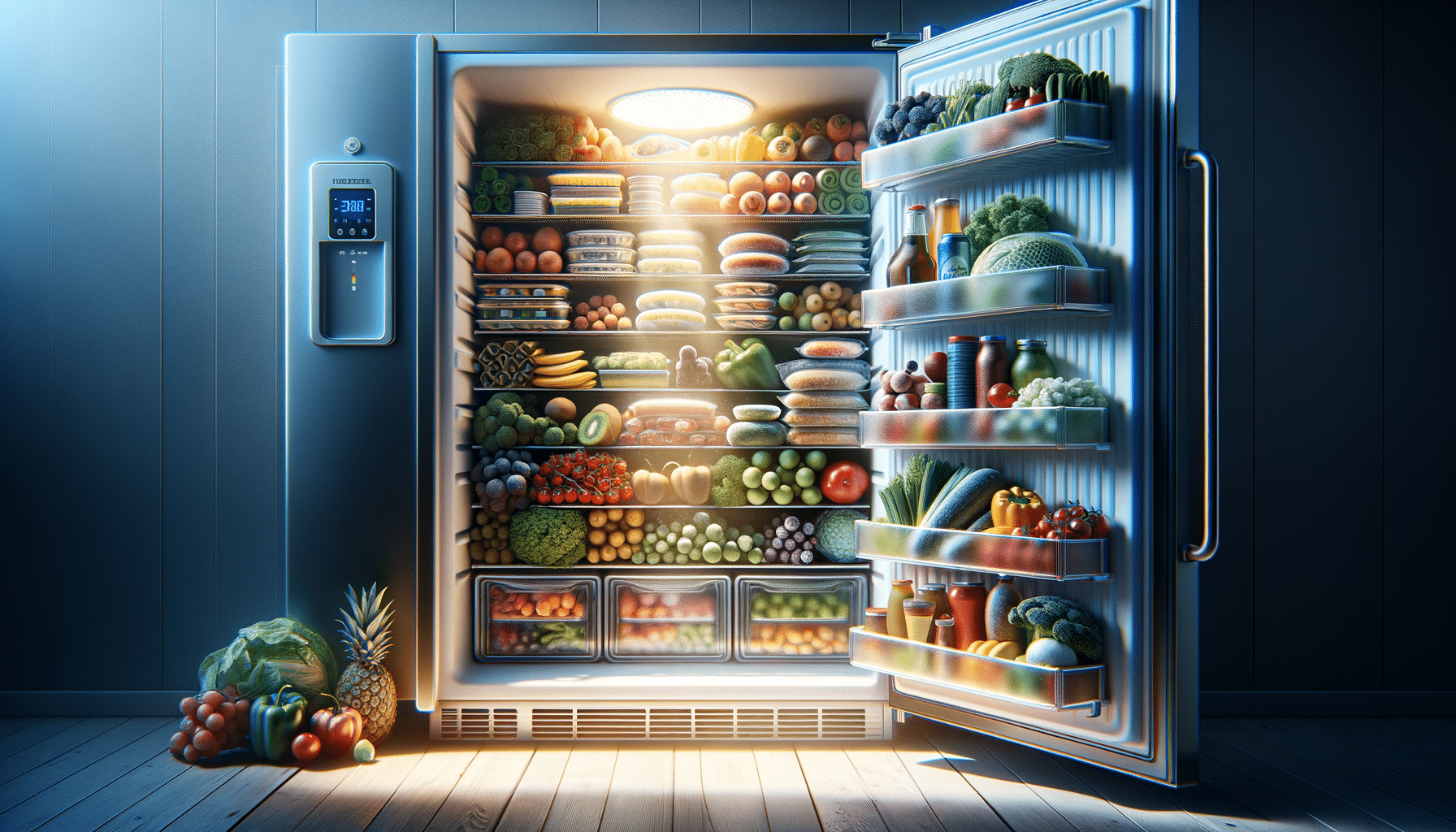
The Evolution of Freezer Technology
The journey of freezer technology is a fascinating one, tracing back to the early 20th century when the first household freezers were introduced. These early models were rudimentary, yet they marked a significant shift in food storage and preservation. Over the decades, technological advancements have transformed freezers from simple iceboxes to sophisticated appliances equipped with digital controls and energy-efficient systems.
Modern freezers come with a variety of features designed to enhance convenience and efficiency. Frost-free technology, for instance, eliminates the need for manual defrosting, saving both time and effort. Additionally, the integration of smart technology allows users to monitor and control their freezers remotely, ensuring optimal performance and food safety.
The evolution of freezer technology reflects broader trends in consumer preferences, such as a growing emphasis on sustainability and energy efficiency. Today’s freezers are designed to minimize energy consumption, aligning with environmental goals and reducing household utility costs.
The Role of Freezers in Food Preservation
Freezers play a crucial role in extending the shelf life of food products, allowing households to store perishable items for extended periods. This capability is particularly valuable in reducing food waste, as it enables consumers to buy in bulk and preserve excess food for future use.
The freezing process works by slowing down the activity of bacteria, which are responsible for food spoilage. By maintaining temperatures below freezing, freezers effectively halt bacterial growth, preserving the nutritional value and flavor of food. This is essential for maintaining a healthy diet, as it allows individuals to enjoy a diverse range of foods year-round.
In addition to preserving food, freezers also support culinary creativity by enabling the storage of homemade meals and ingredients. This flexibility encourages experimentation in the kitchen, as individuals can prepare and freeze meals in advance, making it easier to enjoy home-cooked dishes on busy days.
Choosing the Right Freezer for Your Needs
When selecting a freezer, it is important to consider factors such as capacity, energy efficiency, and additional features. These elements can significantly impact the appliance’s performance and suitability for your household.
Capacity is a key consideration, as it determines the amount of food that can be stored. For larger families or those who frequently entertain guests, a freezer with a larger capacity may be necessary. Conversely, smaller households might benefit from a compact model that maximizes space efficiency.
Energy efficiency is another critical factor, as it affects both environmental impact and utility costs. Look for freezers with high energy ratings, as these models are designed to consume less power while maintaining optimal performance. Additionally, consider features such as adjustable shelving and door alarms, which can enhance usability and prevent energy waste.
Maintaining Your Freezer for Longevity
Proper maintenance is essential for ensuring the longevity and performance of your freezer. Regular cleaning, both inside and out, helps prevent the buildup of dust and debris that can hinder efficiency. It is also important to check the door seals periodically, as damaged seals can lead to energy loss and increased utility bills.
Defrosting is another maintenance task that should not be overlooked, even in frost-free models. Over time, ice can accumulate in hard-to-reach areas, affecting the freezer’s ability to maintain consistent temperatures. Regular defrosting helps prevent this issue and ensures that the appliance operates at peak efficiency.
Finally, consider the placement of your freezer, as location can impact performance. Ensure that the appliance is situated in a well-ventilated area, away from direct sunlight and heat sources. This helps maintain stable temperatures and reduces the risk of overheating.
The Future of Freezer Technology
As technology continues to evolve, the future of freezer technology looks promising, with innovations aimed at enhancing efficiency and user experience. One emerging trend is the integration of artificial intelligence, which can optimize temperature settings and provide real-time alerts for maintenance needs.
Another exciting development is the use of eco-friendly refrigerants, which have a lower environmental impact compared to traditional options. These advancements reflect a growing commitment to sustainability and the reduction of carbon footprints in household appliances.
Looking ahead, freezers are likely to become even more versatile, with features that cater to diverse consumer needs. From customizable storage solutions to enhanced connectivity, the next generation of freezers promises to offer unparalleled convenience and performance.
